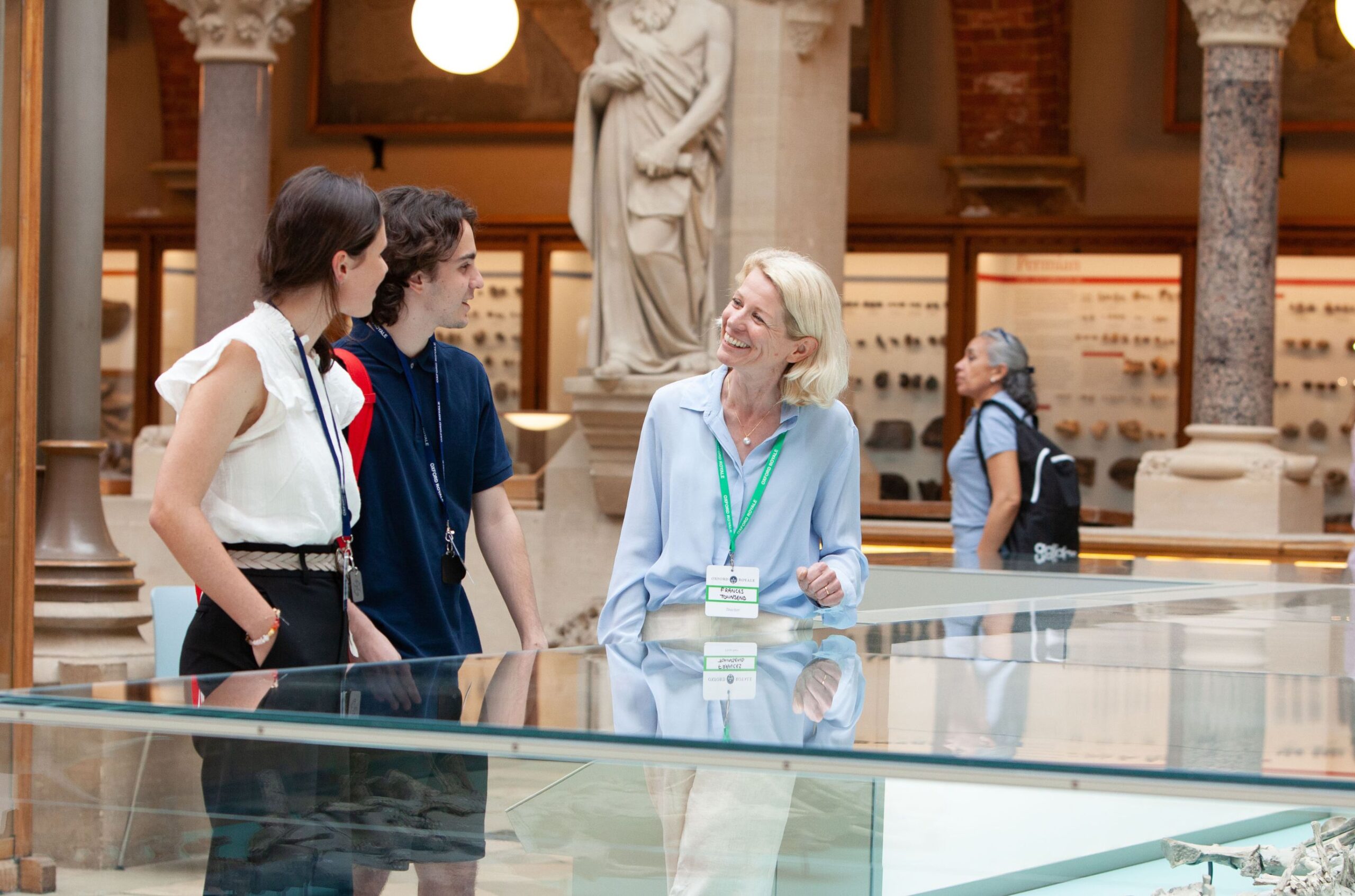This course is perfect for you if...
- You're fascinated by how historical events, philosophy, and literature are deeply interconnected, and want to develop the key skills to pursue a degree or career in these humanities subjects.
- You want to gain insights into pivotal historical events and philosophical movements spanning centuries, providing a fascinating two weeks of study.
- You're ready to develop critical reading, argumentation, and public speaking skills essential for studying humanities at a higher level, especially top universities including the University of Oxford.
What you'll learn
-
The introduction to the course will equip you with the theoretical and analytical foundations for engaging with Philosophy, Modern History, and Literature. Beginning with source analysis, you’ll study the basics of textual criticism, before moving onto the interpretation of other forms of historical sources, such as visual media. Then, you’ll progress to definitions of History, Philosophy, and Literature as areas of knowledge. Finally, you’ll investigate the question of what has driven people to write over the centuries, focusing on the relationship between literature and aesthetics.
-
Prepare for a whistlestop tour through the cultural history of the Western world, from the early modern period through to present-day. You’ll analyse different disciplines within historical study and the rationale behind their development, as well as some of the earliest works of historical writing, before considering the four major branches of philosophy: ethics, metaphysics, logic, and epistemology.
-
In this module, you will explore key literary movements, from Romanticism, Realism, Modernism, Existentialism, and Postmodernism. Through close reading of texts, you will learn to interpret sources critically, uncovering layers of meaning in relation to their historical and cultural contexts. By examining how literature responds to and shapes historical events you will develop the ability to analyse works not only as artistic expressions but also as reflections of the world in which they were created.
-
In this part of the course students will explore key philosophical concepts—logic, epistemology, metaphysics, ethics, metaethics, and ontology—and examine how they interact with literature and history. Discussions on ethics and metaethics will help students engage with moral dilemmas presented in historical events and literary narratives, while ontology will encourage them to reflect on concepts of being and identity across different periods. By applying these theories to texts and historical contexts, students will refine their critical thinking and interpretative skills, gaining a deeper understanding of how philosophy underpins both literature and history.
-
To pull the learnings of this interdisciplinary course together, students will draw upon the finest examples of persuasive writing and speech from throughout modern history and master the art of argumentation. Studying the rules of competitive debating, you’ll learn the difference between propositional arguing and oppositional rebuttal, and take part in fascinating debates.
Students will learn to incorporate the argumentative skills of debate and speech making into their own academic works, and will refine their academic writing skills in the final assignment, and essay on a subject from History, Philosophy or Literature – or a cross between these subjects.

Deepen your knowledge across disciplines.
Gain a rich understanding of historical turning points from the Reformation to the Cold War, explore core philosophical ideas like logic and ethics, and study major literary movements from Romanticism to Postmodernism – a truly expansive and immersive two weeks of learning.

Enhance critical thinking and analytical skills.
Develop logical reasoning, text analysis, and historical interpretation abilities while refining problem-solving skills through interactive lessons, workshops, and debates.

Build confidence and communication abilities.
Improve public speaking and debate skills, collaborate with international peers, and showcase your knowledge in group discussions, subject challenges, and Exhibition Day.

Experience independence in a global learning environment.
Manage assignments, explore a new location, and form lasting connections with global peers while receiving support from experienced mentors and staff.
Where can you study History, Philosophy & Literature
For Ages 16-18







